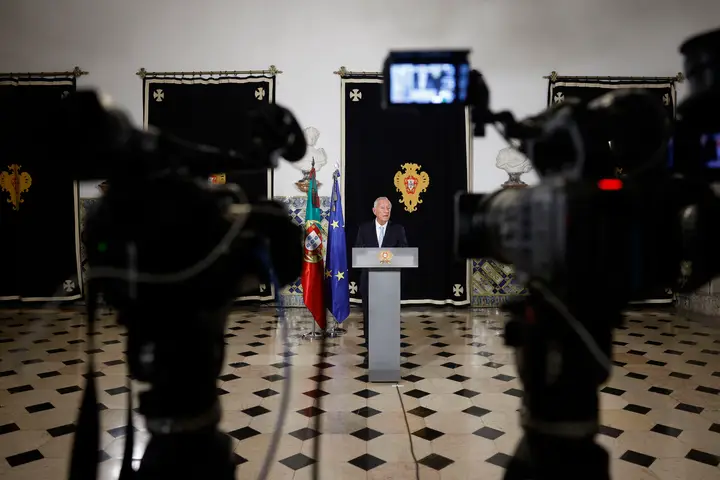… while black market fuel, “possibly from Russia” poised to enter Portugal
Two media stories this weekend point to a complicated picture when it comes to fuel:
The ‘carbon tax’ (relaxed by the last government during the height of the inflationary crisis) is being ‘brought back to life’ from Monday August 26, meaning another hammerblow to the cost of petrol and diesel.
According to Correio da Manhã tabloid today, what should have been a “strong fall in the price of fuel” at the pumps on Monday, will now not be.
The government has justified increasing what is essentially a tax on emissions with the following almost unintelligible sentence: “The recent evolution of fuel prices and the evolution of the price resulting from the auctioning of greenhouse gas emission licences, in particular, with a downward trend in fuel prices and an upward trend in the price of CO2 emissions”.
What this essentially boils down to is that at a point when “sources from the sector” were predicting that prices at the pumps would be dropping “significantly” next week (diesel going down by 3.5 cents per litre, petrol by 4 cents), the fall will now be a great deal “lighter”, in the words of CM, “due to the (government’s) updating of the carbon levy, which is one of the components in the formation of (fuel) prices”.
All this is would be pretty much standard news if it weren’t for the second story doing the rounds, concerning ‘fraudulent fuels’ that have found their way into Spain, and will almost certainly “spread to Portugal” (possibly sooner rather than later, given the circumstances).
The source for this ‘fraudulent fuels’ exposé is none other than Spanish oil company Cepsa. Cepsa’s boss Rui Romano has been talking to Jornal Económico in a bid to drum up “greater action by national authorities”.
What he describes as a “mafia” is importing low-grade fuel, “possibly from Russia” via Turkey and into Italy.
This mafia, says Romano, has “now set up shop” in Spain, where the fuel – entering the Iberian market “illegally” – is sold at lower prices (because it evades all state taxes) but is of “dubious quality, generating more polluting emissions” (and not doing car engines a great deal of good, either).
According to this story, “it is only a matter of time before the (fuel) starts arriving in Portugal across the border in tankers”.
As Romano tells JE: “ The end customer often doesn’t know (what they are buying): they see the price, which is attractive, and they don’t know if they are buying an approved product or not”.
He stressed there has been a problem with ‘fraudulent fuels’ for years, “distorting the market”: distributors who manage to put products on the market, like biofuels, without the correct bio content. But, now the problem is larger, because of this new ‘mafia’ operation.
“We need to regulate what comes in from outside”, he stressed, “that is our main concern. We feel it is a necessity because this harms us, but also because it harms all the Portuguese. For every tanker that enters the country without taxes or the necessary bios, we are all paying”, he warned.
Source material: Correio da Manhã/ Jornal Económico




















